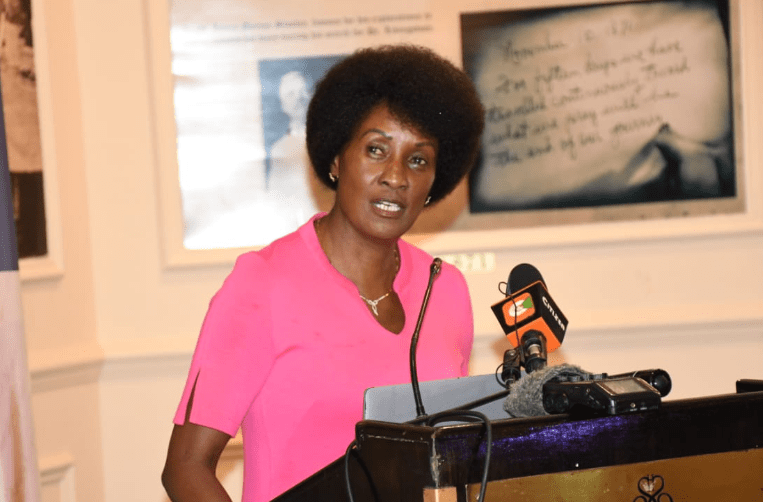Garbage galore in city of garbage

On this page, I am just as good as my last story, and thus, even before I finished writing last week’s article, I had already started thinking about today’s. That is ideally the life of every writer. And after you send the article, you have no control over what the editor does to it.
You are basically like a Nairobi resident who has no control over what the county’s top leadership can do. You plan on going to work, and you discover that the county government dumped rotting garbage at the entrance of your workplace. The only difference is that editors apply some intelligence before deciding what to do to your article.
And so, by the time I sent the article on how the government fuels the spread of misinformation about agri-biotech, I was ready to write about how Kenya has incurred losses of $157 million (Sh20 billion) due to delays in the adoption of genetically modified (GM) crops.
This is according to a report – “Genetically Modified Crops in Kenya: The Cost of Delay” – launched last November at the Kenya Editors Guild Annual Convention in Nakuru.
The report states that despite approving GM technology in 2020, Kenya has yet to commercialise Bacillus thuringiensis (Bt) maize, Bt cotton, and late blight-resistant potato on a significant scale, because of activists who are against improved seeds.
Co-authored by experts from the Alliance for Science and some of its partners, the report estimates that these GM crops could generate $467 million (Sh60 billion) in benefits over the next 30 years, contributing to a more food-secure future for millions of Kenyans.
That is what I wanted to write about, during a busy week when I was also working at the Future of Science Communication Forum, where we got wind that the Nairobi county government had raised a stink, quite literally, by dumping rotting garbage outside the offices of Kenya Power (KP) over whatever disagreement they had that led to the utility firm disconnecting power to the former’s offices.
Regardless of what KP did, the retaliatory action was not just despicable, it spoke volumes about the mentalities of the people Nairobi voters elected to run the city and provide essential services.
Why would an entity charged with maintaining a decent environment where residents are safe, secure, and healthy endanger their well-being by violating its own bylaws and national statutes like the Public Health Act?
Why did the county’s top leadership approve such a drastic, nay, silly move, and fail to raise a finger when its staff went a step further and disconnected the water supply to KP offices and blocked sewer lines?
Any right-thinking Kenyan, regardless of their level of education, where they got their degree certificates from, or how, knows that the people most affected by the county government’s bottom-of-the-sewer actions are not KP staff, but the general public because the roads on which garbage was dumped are not private.
The subsequent overflow of raw sewage around KP offices due to the blocked sewer lines did not affect KP staff, who were now forced to work remotely, but people who live and work in that area.
With dimpled roads full of potholes and storm drains that get blocked whenever there is a drizzle, nothing seems to be working in Nairobi despite the sloganeering and endless promises.
Nairobi is already one big informal settlement, what with studies showing that 60 percent of its population lives on less than 10 percent of the land without proper sanitation and other basic amenities that a well-run city should have.
As the country’s nerve centre that hosts local and international financial and governance institutions, Nairobi deserves better, but that cannot happen when national leaders turn a blind eye to the infractions of the county leadership.
The county government’s act cannot be looked at in isolation. That is the nature of our politics and the character of our politicians. We are saddled with young leaders with the mentalities of the 1990s single-party-era politicians; backward thinking people who just want to pilfer public coffers. Sadly, we are the ones who elected them to those positions.
Yeah, elections in Kenya are like farming. You can’t sow poor-quality seeds and expect a good yield.
Garbage in, garbage out – and in Nairobi, we experienced that in real time.
The writer is Managing Editor of the Alliance for Science (AfS). These views are solely his and do not necessarily reflect the position of AfS or its partners.














